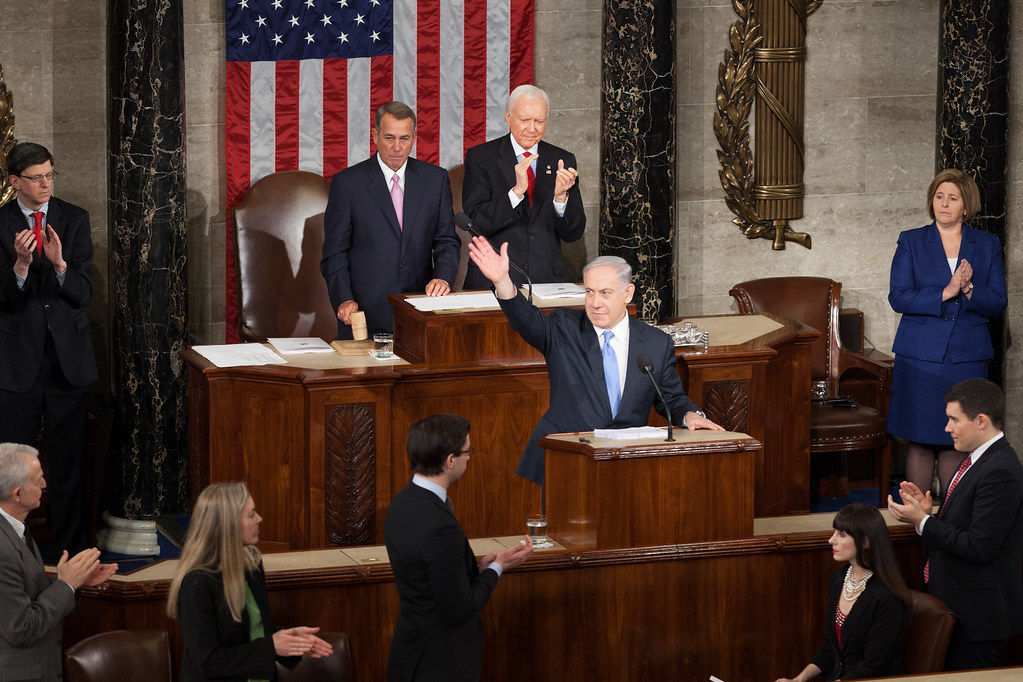Elon Musk has revolutionized industries from electric vehicles to spaceflight; however, lately, he has become the unelected face of the Department of Government Efficiency. D.O.G.E. is an unofficial body in the Trump Administration supposedly designed to streamline bureaucratic efficiency. But what Musk is doing isn’t innovation–it’s infiltration. And it’s happening with no oversight, accountability, or regard for national security.
While Musk’s reputation as a visionary may earn him trust in the tech world, his actions inside D.O.G.E. cause alarm. Musk has frivolously slashed departments like the Department of Education, which ensures equal access to public schooling, and the Federal Aviation Administration, which oversees flight safety, an especially severe issue given recent events, without serious analysis. He has made bafflingly misleading claims about money saved, for example, when D.O.G.E. mistakenly reported saving $8 billion in one contract – it was only $8 million, according to The New York Times Or when D.O.G.E. boasted about canceling long-standing contracts that had concluded during the George W. Bush Administration, as reported in another New York Times article. Several of Musk’s biggest achievements in government are delusional fiction, untethered to reality. CNN reports that Edward Coristine, a young man with a history of cybercrime and selling sensitive information, is employed by Musk. Employing shady, unelected, and unqualified people like Coristine is unconscionable.
Worse still, Musk isn’t a U.S. citizen, yet it is clear that he has a major influence on the American government and the President. The inception of D.O.G.E. followed major donations to Trump’s campaign and was never subject to Congressional approval. This sets a disturbing precedent that billionaires and the ultra-wealthy can buy their way into government power, superseding elections and ethics alike.
Some may argue that Musk’s role is exactly what Washington needs: a bold, outside-the-box thinker who isn’t constrained by bureaucracy. His track record as a disruptor in electric vehicles, space exploration, and energy suggests he’s uniquely positioned to challenge inefficiencies that career politicians have long ignored. I can see how his involvement could represent an opportunity to inject innovation into a sluggish system and rethink how the government operates. Bureaucracy at large can feel brutal, and the innate human instinct to want to shake things up that may not have worked for you is understandable. However, there are crucial differences in accountability and scope between corporate and government leadership. Public welfare and constitutional rights demand a level of scrutiny and consideration far beyond what is required in business. This is because they implicate fundamental liberties, social equity, and the long-term health of democratic institutions, stakes that transcend profit margins.
Daniel Berulis, an analyst at the National Labor Relations Board, recently filed a whistleblower complaint against the D.O.G.E. Berulis alleges, in an interview with PBS, that upon D.O.G.E. ‘s arrival, he noticed a 200-300% spike in data extraction compared to the NLRB’s average. This may include “sensitive information on unions, ongoing legal cases and corporate secrets,” data that “should almost never leave the NLRB and that has nothing to do with making the government more efficient or cutting spending,” according to NPR. What Berulis alleges is a cause for concern because Musk’s companies have been involved in labor disputes, culminating in SpaceX filing a lawsuit against the NLRB, according to the Associated Press. It isn’t far-fetched to infer that the ten gigabytes D.O.G.E. exfiltrated may include cases pertaining to Musk’s businesses, which presents a stunning conflict of interest.
Additionally, in an interview with CNN, Berulis and his attorney, Andrew Bakaj, allege that within fifteen minutes of D.O.G.E. employees creating accounts, “somebody or something from Russia tried to log in … with the right credentials.”
How? You may ask. Bakaj points out that D.O.G.E. uses Starlink, a Musk-owned company, to extrapolate and store data. Bakaj warns in an interview with CNN, “Russia has a direct pipeline of information through Starlink, which means anything going to Starlink is going to Russia.” If Russia intercepts information through Starlink, then Musk’s involvement in the U.S. government isn’t just unethical, it’s a national security risk. This paints a picture suggesting that perhaps D.O.G.E. ‘s blunders haven’t come from ignorance but instead are serving a foreign adversary’s greater agenda.
Meanwhile, the supposed results of D.O.G.E.’s efficiency crusade have all but evaporated. A $2 trillion cost-cutting projection has now been reduced to an unverified $150 billion, with no supporting documentation. Musk’s tenure at D.O.G.E. isn’t disruptive innovation, it’s a power trip without results.
This isn’t just about Musk. It’s about what kind of government we’re willing to accept, and the kind of future we want to build. My generation didn’t create this mess. But we will certainly inherit it. Eventually, we will sit at the table, writing policy and shaping our country. When we do, we need to remember this moment. Remember how easy it was for an unelected billionaire to infiltrate our government. Remember how checks and balances were shrugged off. Because when it’s our turn to lead, we must commit to the idea that public service is just that, a service. It’s not a spectacle, a chance at empire, and certainly not an opportunity for man-children to play G-man. We can’t stop what Musk and the Trump Administration are doing right now, but we can choose who will be next. We need to fight for a government that deserves our trust. And we need to ensure that no one–not even the richest man on Earth–can buy their way into our democracy.

























